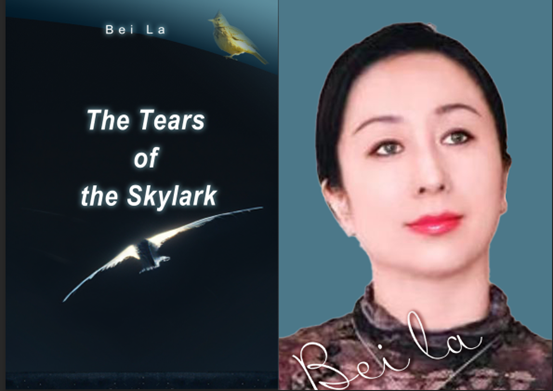
The Tears of the Skylark Written by Bei La
[City, State, Date] – Canadian writer Bei La, born in Shanghai, has recently completed a non-fiction work titled The Tears of the Skylark. This marks her first publication since leaving Shanghai and returning to Canada two years ago. Through the metaphor of a skylark, Bei La eloquently sings a farewell song capturing the prosperity and loneliness, brightness and darkness, disaster, and redemption of Shanghai over the past century.
Mike Medavoy and Bei La
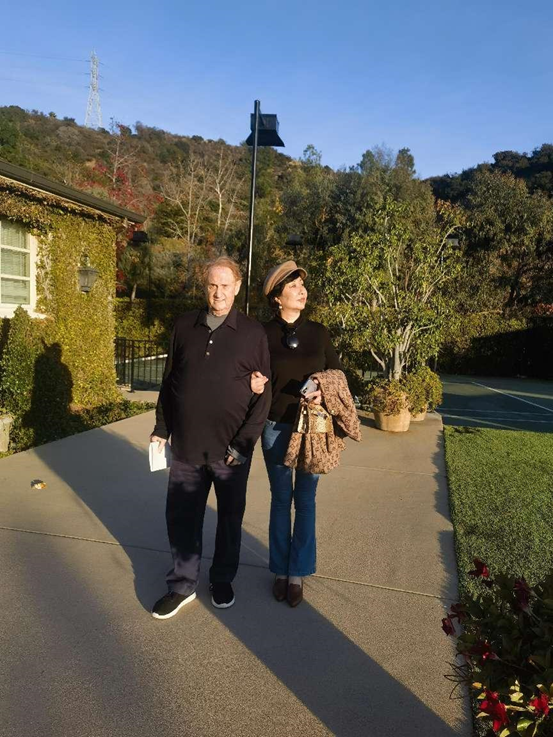
The creation of this work spanned various locations, including Lake Mochizuki in Hokkaido, Beverly Hills, Concord in Massachusetts, Vancouver Harbour, Niagara Town, and an isolated island on Lake Ontario. This narrative serves as a tribute and meditation on Henry David Thoreau’s Walden.
The Cursed Piano
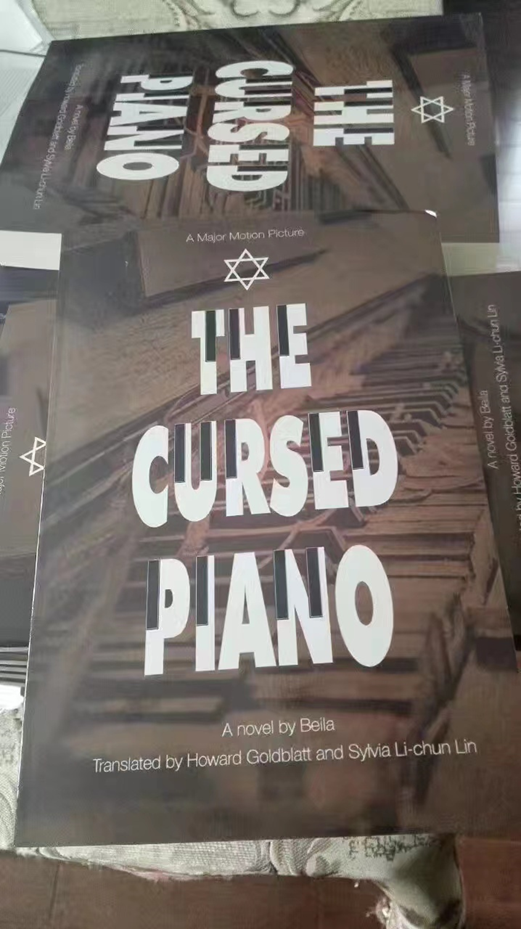
In The Tears of the Skylark, Bei La records the thrilling journey of her maternal grandfather, a survivor of the shocking Jiangya shipwreck in December 1948, which had a death toll surpassing that of the Titanic. She recounts her father’s courageous act during the Cultural Revolution, hiding ancestral gold bars and jewelry in the soil of his iron tree, thus avoiding confiscation while enduring the hardships of wealth. She also explores the significant impact of the Christian faith on her parents’ lives and reflects on the era when she was criticized for reading world classics during her youth. Furthermore, she provides a poignant commentary on human nature revealed by the global COVID-19 pandemic.
The Call to Freedom
Bei La’s decision to leave her luxurious life in Shanghai was not driven by her experiences during quarantine or lockdown but by a deeper, spiritual calling. She was drawn by a free soul, seeking tranquility amidst the chaos and finding her own “Walden” in the wilderness of literature. “The farther away from one’s hometown in terms of geographical location, the closer the hometown in literature,” said Bei La.
Literary Insights
In her book, Bei La writes: “Humans are immersed in a large sphere, gradually shrouded in anxiety, fear, absurdity, nothingness, and despair. In the ever-changing world, the unpredictability of fate has become a human destiny. This is an era that has become indifferent to tragedy. Any pain is futile. When a person is far away from the hustle and bustle, you will hear your own voice, and your soul will return to the wilderness of freedom.”
The Skylark’s Song
The skylark sings: “Please give me the freedom to fall deeply in love with someone, give me the courage to embrace you tightly. Please give me a path to explore truth, and give me the power to find light in darkness, even if it requires sacrificing my life.”
Praise for Bei La
“No matter what she has experienced or is currently experiencing, Bei La can always extract beneficial nutrients from hardships and transform them into valuable literary wealth. The light of brightness and hope has not disappeared in her eyes for a second. She stands at the spiritual pole and her thoughts far exceed those of contemporary writers. This is the best annotation that Shanghai Bei La can become the world’s Bei La,” said her literary agent An Boshun.
French Opera: The Lover of Shanghai
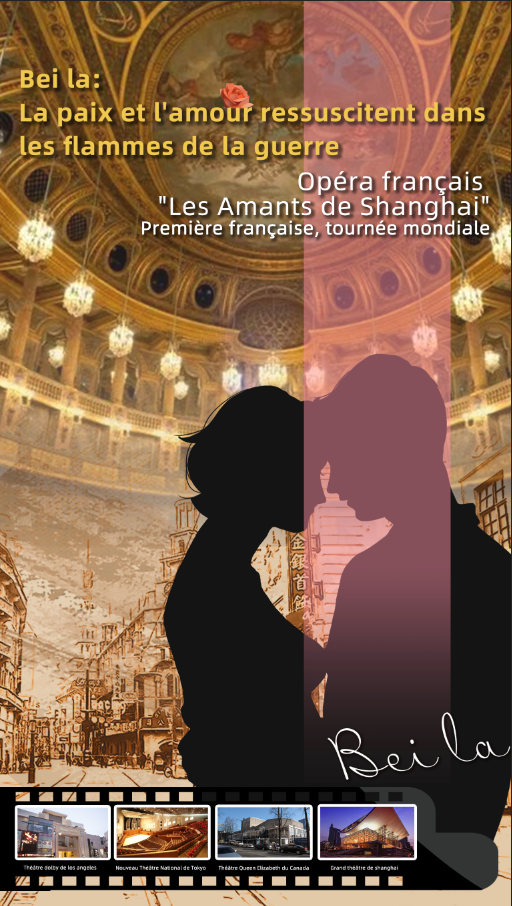
The French opera Shanghai Lovers, adapted from Bei La’s novel, premiered on May 24th at the Fontainebleau Theater. This opera, featuring 13 scenes and a runtime of 2 hours and 10 minutes, vividly recreates the bustling modernity and true love of Shanghai a century ago. This production, brimming with the spirit of Shanghai, will premiere in Paris and tour globally.
About Bei La
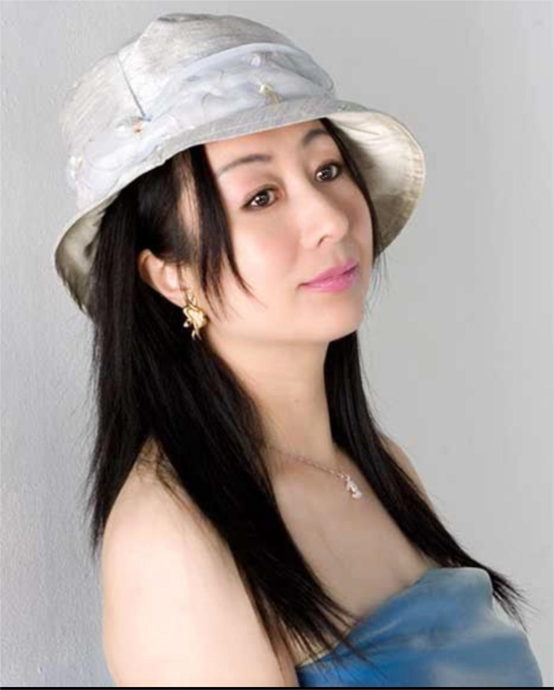
Bei La is a Canadian citizen born in Shanghai. As a contemporary writer of romanticism and humanitarianism, she also serves as a Visiting Researcher for the Institute of Arts and Humanities at Shanghaijiao Tong University. She has published over a dozen novels, including The Cursed Piano, Song of Survivors, and Sentimental Casablanca. Her literary focus and research over the years have been on “Jews in Shanghai,” resulting in a series designed to include ten books. Her works have been translated into English by renowned Jewish American sinologist Howard Goldblatt.